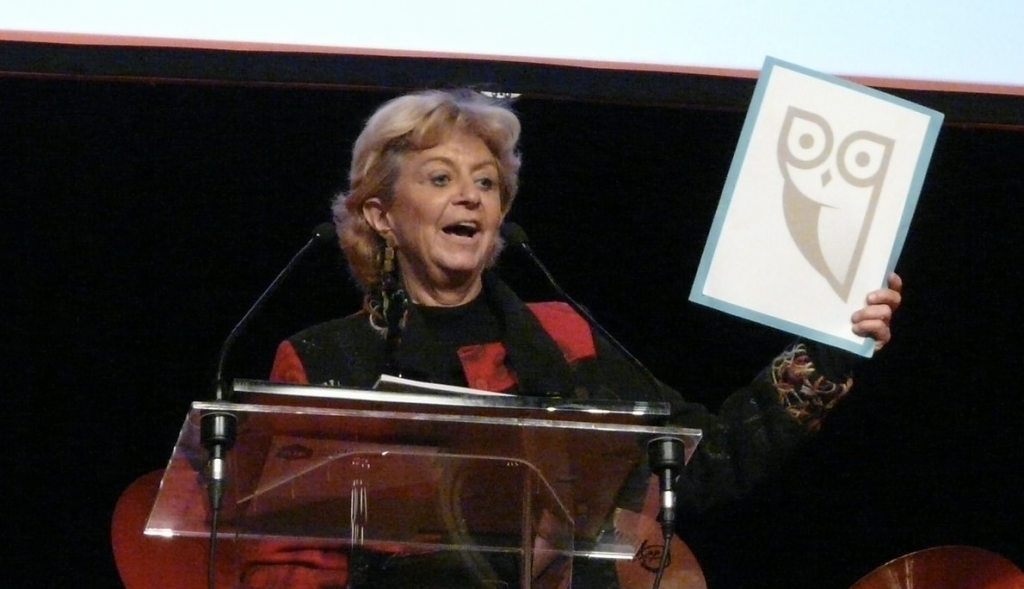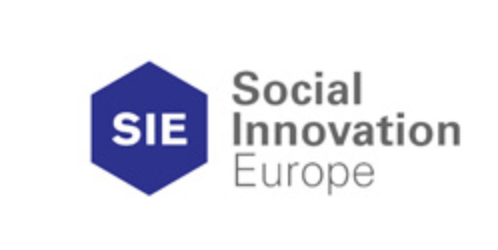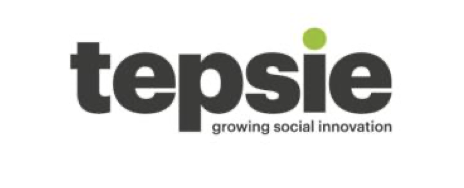SIX has contributed to the social innovation field building in Europe over the last decade, responding to the narratives and challenges faced by the region. After the financial crisis, there was a momentum to think about social innovation as part of pathways for recovery. SIX’s initial attention was focused on influencing policy at the EU level to embed “social” in innovation, and expanded our work through community building and connecting research, practice, policy communities across the EU.
2008-09
Recovery through social innovation
Following the financial crisis, President Barosso focuses on Europe’s recovery. He is interested in including ‘social’ in innovation policy. Geoff Mulgan and Diogo Vasconcelos worked with the Bureau of European Policy Advisers to organise a workshop on social innovation in January 2009. This workshop considered some leading experiments in the social field and shortly after, SIX was commissioned to write a paper on social innovation in Europe – what it is, who does it, what are the barriers, and recommendations.
Following this, Bureau of European Policy Advisors (BEPA) produced Empowering people, driving change: Social innovation in the European Union BEPA – Empowering people, driving change. The report suggests a European Social Innovation Initiative which could entail up to 40 measures to improve social innovation governance, funding, implementation and research.
Some could be implemented straightaway, while others would need further preparation and negotiation. These measures are certainly not exhaustive, and are organised around the three approaches to social innovation (social demand, societal challenge and systemic change) which echo the three pillars of the Europe 2020 strategy to form an inclusive, sustainable and smart Europe

2011
Launching Europe’s first network for social innovation
The Innovation Union strategy launches with funds to set up a social innovation network in Europe. This is the first time social is explicitly included in innovation policy in Europe.
SIX wins tender in partnership with Euclid Network and launches SIE in Brussels.

2011 – 2015
Investment in understanding
Further investment in social innovation research under Innovation Union programme. SIX connects to these programmes under SIE community spends time in Brussels talking about SI across different DGs.
SIE project produced policy papers on financing and measuring SI in Europe, and hosted several events.
A new era for social innovation research
Several new European funded research projects are launched, including TEPSIE ( Theoretical, Empirical and Policy foundations for developing the field of Social Innovation in Europe), which SIX contributed to via the Young Foundation.

Connecting European and global research agendas
The Social Frontiers conference was held in London in November 2013, bringing several of these social innovation research programmes together to learn from each other and influence future agendas.
Roberto Magabeira Unger gives a keynote on ‘The task of the social movement’.
To learn more about the Social Frontiers event, watch more keynote speakers and download the papers, click here.
The EC embraces Digital Social innovation
The European Commission supported Nesta, Waag Society and other partners win a parallel project to Social Innovation Europe to define and understand the potential of DSI, to map the digital social innovators, their projects and networks, and to develop recommendations for how policymakers, from the EU to city level, can make the most of DSI. SIX sits on the advisory group to ensure digital and social innovation are not siloed at the European level.
This was the first systematic effort in the DSI network analysis of the emerging digital social innovation (DSI) ecosystem in Europe. The mapping work continued for several more years and now millions of Euros fund DSI related projects across Europe.
An accelerating agenda
Agnes Hubert, author of the first policy papers and advocate for social innovation in the European Commission reflects on these developments in this interview
.
2015
Connecting research and practice
SIX instigates and coordinates SI Live – the first event explicitly linking research and practice.
By this time, there are several European funded programmes exploring different aspects of social innovation, all with their own agendas and all with their own schedules. Instead of hosting dozens of different events, and creating our own silos, we pooled budgets of 4 disconnected projects to host our final events together, supported by Gulbenkian Foundation Portugal, sharing learning between thinkers and doers. This website lists the speakers and the agenda.
2016
Strengthening and expanding the European community
Further investment in SI under Horizon 2020 programme.
SIE becomes SIC
Whilst there is an increasing number of social innovation organisation in Europe, too often this activity is limited to a small but active few, and is not well-coordinated or visible enough to achieve critical mass. SIC therefore focussed on reconnecting network silos. The consortium ran a series of on- and offline activities – including practical place-based experiments, learning, policy and research over 3 years from 2016 – 2019.
2017
Opening up to an era of social innovation conference
In November 2017, the European Commission, Portuguese Government and Calouste Gulbenkian Foundation organised a two-day conference in Lisbon, Portugal called ‘Opening up to an Era of Social Innovation’. The aim was to develop a new narrative for social innovation in Europe, and to inform the design of the EU framework programme for research and innovation for the period 2020–2027.
The SIC team attended the event and we seized the opportunity to run one of our policy workshops at the EC-organised event. This was the beginning of a year long co-creating process during which we co-producing the vision and 10 policy ideas. 350 representatives of the SI community from over 19 EU countries contributed during the year. More detail about the process of developing the declaration is available on the SIC website.
2018
Co-creating the Lisbon Declaration
The #SIDeclaration was the most important outcome of the SIC programme. We developed and tested several new policy ideas to influence the the Download the declaration. Once the Declaration was launched, the SIC partners organised themselves to ensure that more of the Declaration’s policy ideas get taken up by key policymakers.
We presented the Declaration to Carlos Moedas, Commissioner for Research, Science and Innovation at the Web Summit in Lisbon and he publicly signalled his support.
2019
Bringing the recommendations to life
The next task for the SIC team was to connect the #SIDeclaration back to the European member states and their social innovation actors. The declaration only serves its full potential if these practitioners and decision makers are able to unpack and translate it into contextual strategies and programmes of practice.
As part of this process, we connected with two places that are particularly inspiring in the field of social innovation – Athens and Amsterdam – to unpack the declaration and to use it as a support for current agendas of social innovation development these places.
2020
Establishing a network of competence centres
In response to one of the SI Declaration’s recommendations, ESF+ launches new programme to establishing competence centres in each member state in Europe. SIX is part of one of the winning consortiums and ESIA is launched. SIX role is to connect consortium across Europe.
Our current work in Europe can be found here


